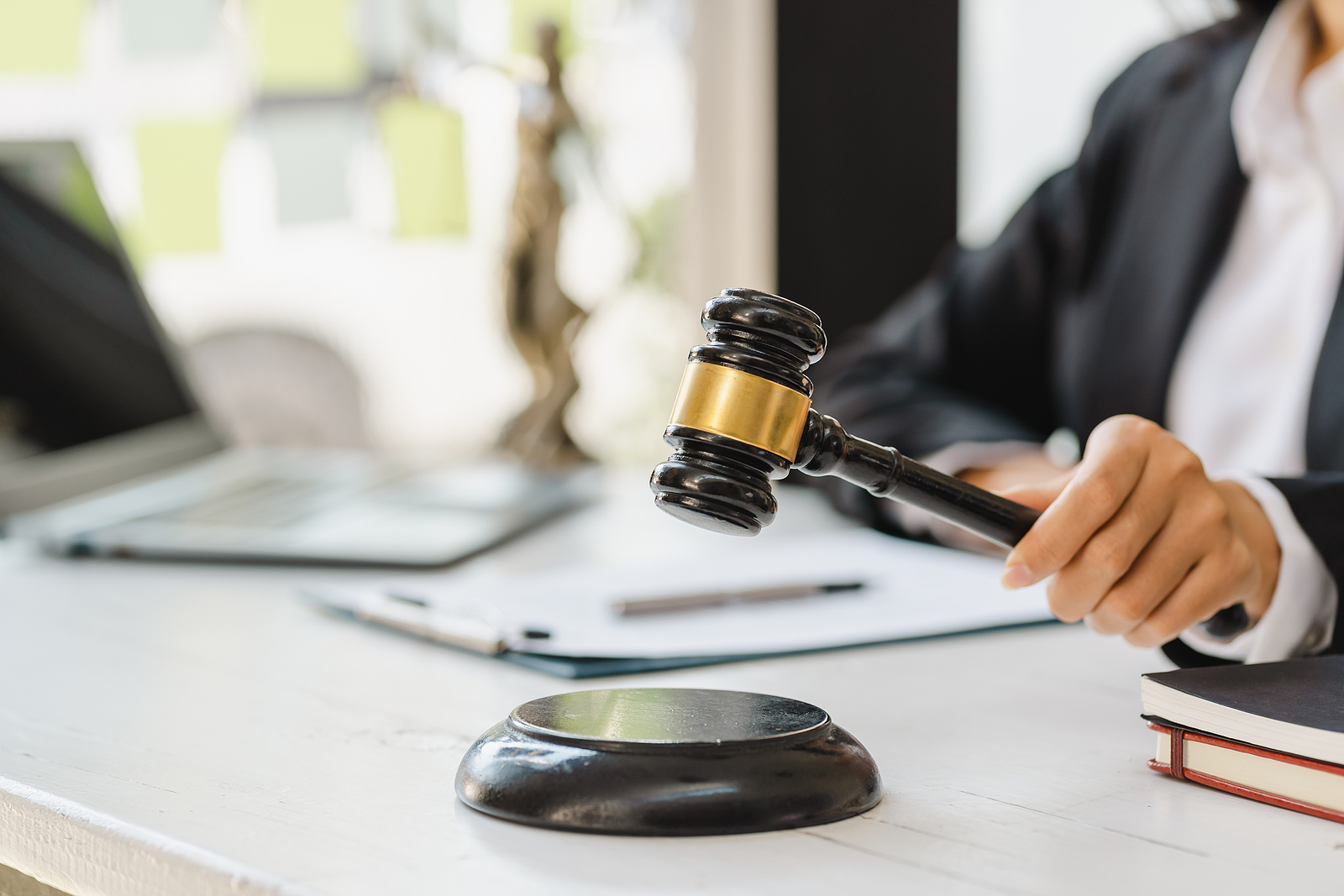What Is the Difference Between a Criminal and Civil Case?
The main difference between a criminal and civil case in law is the type of legal issue that is being addressed and the parties involved in the case.
A criminal case involves a legal action brought by the government (typically a prosecutor or district attorney) against an individual or entity (such as a corporation) for committing a crime. The primary purpose of a criminal case is to punish the defendant for violating the law and to deter others from engaging in similar behavior. Criminal cases may result in fines, imprisonment, or other penalties.
On the other hand, a civil case involves a legal action brought by one individual or entity (the plaintiff) against another individual or entity (the defendant) to address a private legal dispute. The primary purpose of a civil case is to provide a remedy for a harm suffered by the plaintiff, such as compensatory damages or injunctive relief. Civil cases may involve a wide range of legal issues, such as breach of contract, personal injury, or property disputes.
Another key difference between criminal and civil cases is the standard of proof required to prevail in court. In a criminal case, the prosecution must prove the defendant’s guilt beyond a reasonable doubt. This is a high standard of proof that requires a high degree of certainty before a defendant can be convicted. In a civil case, the plaintiff must prove their case by a preponderance of the evidence, meaning that it is more likely than not that the defendant is liable for the harm alleged.
Can a Case Be Both Criminal and Civil?
Yes, it is possible for a case to be both criminal and civil. This occurs when the same incident gives rise to both a criminal charge and a civil lawsuit. For example, if someone causes a car accident while under the influence of alcohol, they could face criminal charges for DUI and also be sued in a civil lawsuit by the victims for damages.
Here are some other examples of cases that can be both criminal and civil:
Medical malpractice: A doctor who is charged with medical malpractice could also face criminal charges for neglect or battery.
Assault: If someone is physically attacked, the attacker could face both criminal charges for assault and a civil lawsuit for damages.
Fraud: A person who engages in fraud could face both criminal charges for fraud and a civil lawsuit for monetary damages.
How Complex Are Cases that Are Both Criminal and Civil?
A situation that is both criminal and civil can be quite complicated and requires a thorough understanding of both criminal and civil laws. If a person is charged with a crime, they may also face a separate civil lawsuit related to the same incident. This can create conflicting demands on their time, resources, and legal strategy. A criminal case may result in imprisonment, fines, or both, while a civil case can result in monetary damages or other remedies.
Having a case that is both criminal and civil can increase the complexity of the legal process and the stakes involved. A criminal case is often handled by the government, while a civil case is typically brought by a private individual or entity. The legal standards of proof and procedures used in each type of case can also differ.
To navigate a case that is both criminal and civil, it is important to work with an experienced lawyer who can provide guidance and representation in both types of proceedings. A lawyer can help you understand the charges, navigate the legal process, and develop a strategic plan that takes into account the unique complexities of your case. They can also provide expert witness testimony, assist with gathering and analyzing evidence, and negotiate settlements when possible.
How Can a Lawyer Help?
If you are facing both criminal and civil charges, it’s important to have an experienced attorney on your side. A lawyer can help in several ways:
Defend you in court: An attorney will represent you in court and defend you against both criminal and civil charges. They will use their knowledge of the law to build a strong defense and protect your rights.
Navigate complex legal procedures: Criminal and civil cases have different procedures, rules, and outcomes. An attorney will guide you through these complex procedures and ensure that your rights are protected.
Negotiate a plea bargain: If you are facing both criminal and civil charges, an attorney can negotiate a plea bargain that reduces the penalties or charges in one or both cases.
Protect your rights: An attorney will ensure that your rights are protected throughout the legal process and that you are not taken advantage of by the prosecution or other parties involved.
If you are facing both criminal and civil charges, it’s important to have an experienced attorney on your side. They can help you navigate the complex legal procedures, protect your rights, and defend you in court. Call High Stakes Injury Law today at (702) 605-6671!






